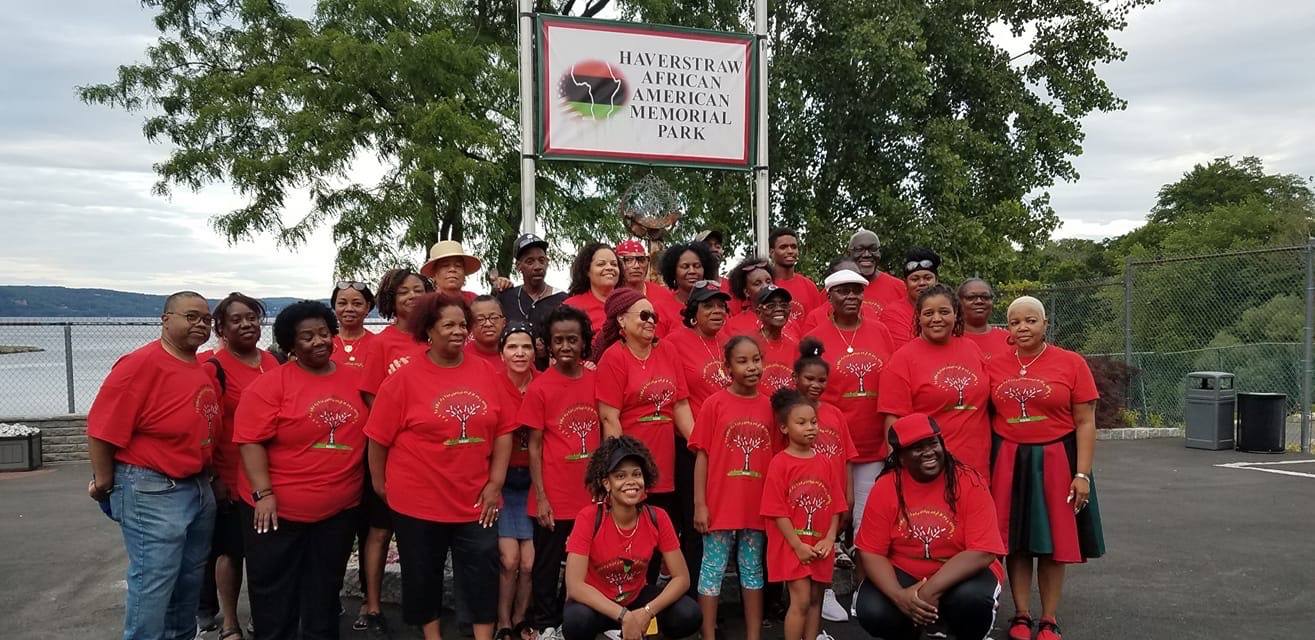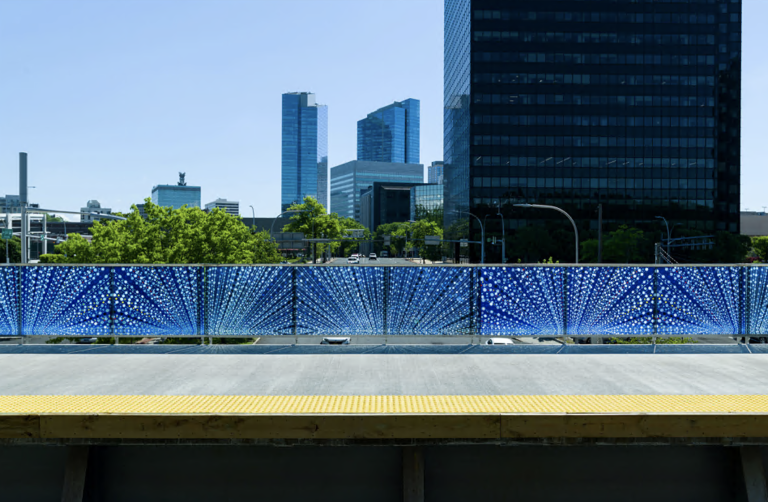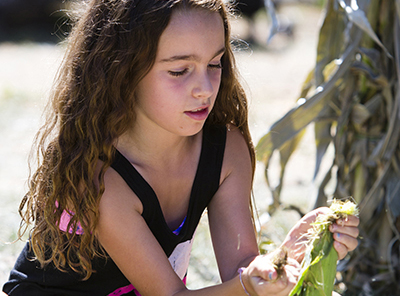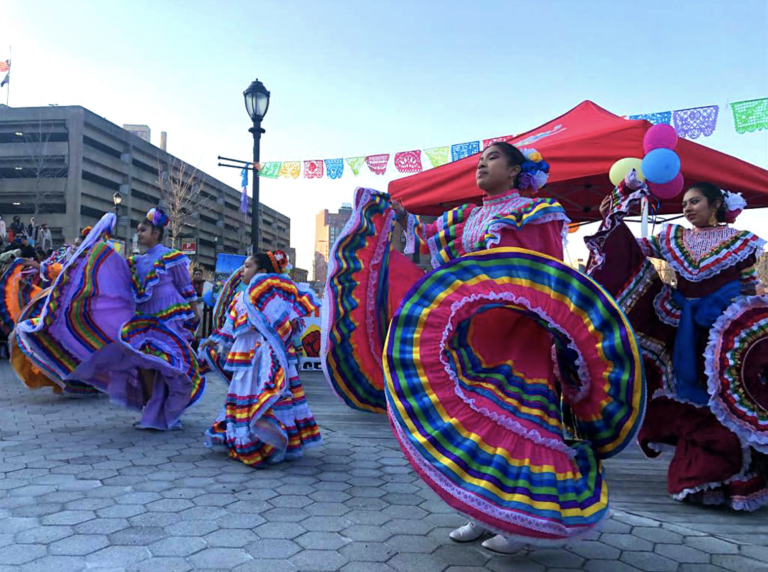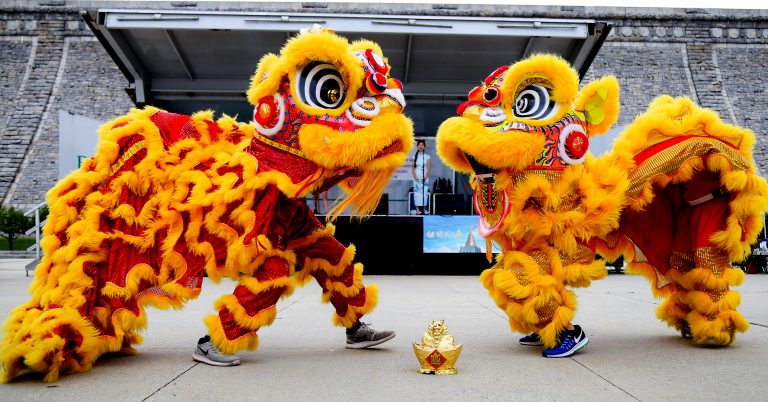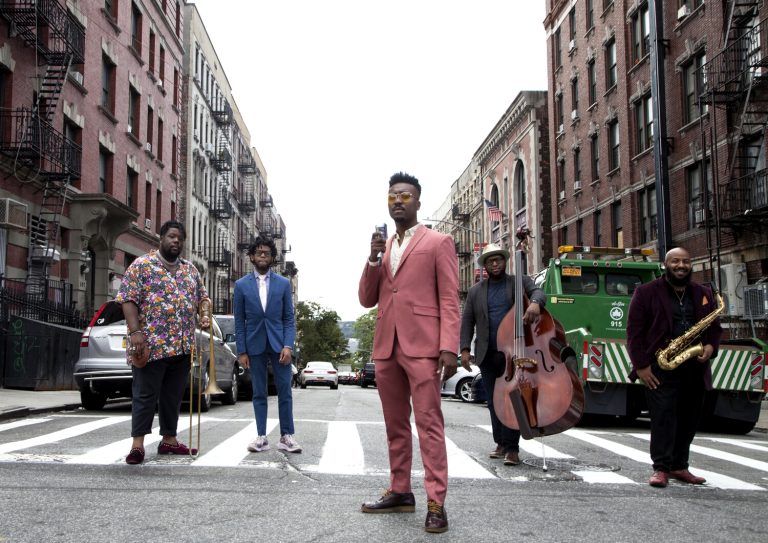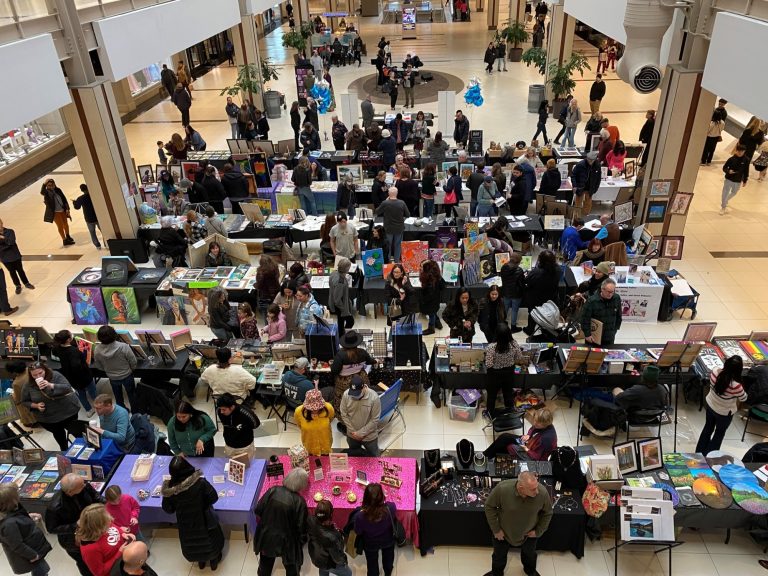Haverstraw Juneteenth: An Interview with Virginia (Ginny) Norfleet
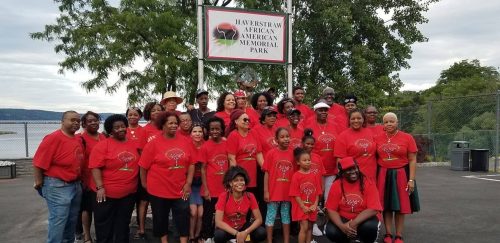
Interview with Virginia (Ginny) Norfleet, Founder and Executive Director of the Haverstraw African American Connection:
Aaron Paige (AP): What is Haverstraw’s Juneteenth origin story and what is it’s relationship to the Haverstraw African-American Connection?
Ginny Norfleet (GF): In 2016, we had our first celebration here in Haverstraw. It came about because in 2005, I knocked down an old home that we thought was just a dilapidated home, and it ended up being an AME Zion church for free and enslaved Africans. The process started there and with much research we found out that Haverstraw was home for 238 slaves, according to the 1790 census. And so I went to the town board and the mayor and we decided that not only would we build a park, Memorial park, that would host this history as well as names of all the African-American families, but we also decided that we would have a yearly celebration. I chose Juneteenth for its significance.
After the finding of the brick, I returned home to Haverstraw to bury my mom, and then realized that I had done nothing with this brick or the business directory that I found in 2005. So I got a bunch of friends together and started to tell them about the story of slaves being in Haverstraw. These friends represented multiple generations of Haverstraw families. All had been through the school system and none ever spoke about our local history. After educating my friends on this history, I decided we needed to do something, and that something was the creation of the Haverstraw African American Connection (HAAC), whose mission is to educate and bring about the history of the African-Americans of Haverstraw. Haverstraw has such a rich African-American history but it was hidden for 400 years. That was our original mission and the vision has come to pass. We’ve got a park. We’ve got a street named after HAAC. We’ve got a state marker. We’re getting ready to celebrate Juneteenth Countywide, and we’re getting ready to open a museum. And now we have Harriet Tubman here…the “Journey to Freedom Exhibit,” which is a big deal, nationally. We’re happy that the County, the town, the state, as well as people abroad, are recognizing our history.
AP: What is it about Haverstraw’s Juneteenth celebration that makes it unique and special?
GF: The first Africans came to Haverstraw in 1616, along with the Dutch explorers. In 2016, when we celebrate our first Juneteenth, it marked 400 years of African presence on this very soil that we stand on. Our African-American Memorial Park, as well as the home that they built… is where the first African-American church, the AME Zion church once stood in Haverstraw in 1846. The reason why it’s so special, is because of this hidden history. Today, the ancestors who went unnoticed, unrecognized and whose stories remained untold, are finally being given a platform to hear and tell their story.
When you talk about Haverstraw it’s all the glory and splendor of the brickyards. People like to talk about how these bricks made here built New York City. But no one talks about the workers and the people whose backs the brickyard owners made money off of. So it is with much joy that we bring that history to life during Juneteenth. There’s always a historical account. The other thing that often goes unnoticed is that for African Americans the foundation of our faith is our church. It was the only thing the slaves had. The only person they could cry out to was God. Now that we’ve arrived and we are educated and we’ve gotten things and money, we’ve kind of shied away from what carried us through. During Juneteenth, we remind people of the faith of the slaves and our ancestors had. We honor Him, the same God that brought Harriet Tubman through, when she couldn’t read and write.
We usually kick off Juneteenth in town with a raising of the flag and Lift Every Voice and Sing. It’s like a big block party. And that’s what Juneteenth would’ve been. It would’ve been a huge celebration all over this country because for the first time in America, for the first time, everyone was free. Prior to Juneteenth, only certain people could celebrate the 4th of July, Independence Day. Juneteenth marks the first time in America, when ALL people are free. For the first time, we are part of the celebration and finally, we are counted as American. We celebrate that. We celebrate Friday, and then we come in Saturday with a big gospel performance and usually a skit or a play that I write that recounts these important historical events that have happened over the years.
AP: What is the plan for Juneteenth 2021?
GF: We will kick it off at around six o’clock on the 18th of June. We start down by village hall, which is on New Main Street. There we raise a flag and sing Lift Every Voice and Sing. And then we usually have a big celebration afterwards. We have a live band and along with DJ Ginny Norfleet. That’s me! We celebrate with a humongous block party. It’s an all-out celebration. The following day, on June 19th, we have our real Juneteenth celebration. That day we will be at 41 Clinton Street in Haverstraw. The program is starting at 3:00 PM and usually lasts a few hours. That is the day we feature our gospel greats. This year we’ll be featuring Anointed Friends, Lorraine Stancil, Minister Angel Brooks, Richard Smith and Friends…these are all recording artists that come together and headline this huge gospel celebration. Why gospel? Because we want to take time to thank God for bringing us through and remaining faithful to the people we call African Americans.
This year’s Juneteenth will be even bigger because it’s a state holiday and because the Wesley Wofford statue of Harriet Tubman is here. So many thousands of people have come online and have befriended HAAC, and have really gotten to know the story. We have over 350,000 people following us on social media. We put the word out about Juneteenth and I’m telling you, there’s so many people saying that they’ll be coming.
AP: You spoke about why Juneteenth is important to Haverstraw. What does Juneteenth mean to you personally?
GF: Juneteenth is not only an incredible day, it is an incredible feeling. You have to understand that this history and even the story of Juneteenth is quiet. It was quiet in America. Few people ever spoke about Juneteenth. When I started to do the history of this church, I learned about the celebration of Juneteenth in 2016. I was in my fifties when I first heard about Juneteenth and what it meant to the African Americans of America. I want to make sure that that same issue would never be a problem for future generations. It should be as well-known as Christmas or Easter, because this is our celebration, celebrating our freedom. Much like those in the Jewish faith that celebrate Passover, Juneteenth is our day of liberation. We should know this but many of us and our kids never got the chance to hear it. So it’s very personal for me and it’s very emotional for me. I wish that I knew this years ago. I wish my mother knew this and the generations before her. We even try to incorporate a lot of the customs of Juneteenth like the strawberry soda and red velvet cakes. We try to do those things. It’s a celebration for anybody and everybody. If it was just gospel, then some people might think it’s just for the church. But we do it all. We celebrate with everybody and in every form. But again it’s deeply personal for me. I put everything I had into making sure that everyone is informed of not only of this celebration, but of the contributions of African Americans to this country that we call America.
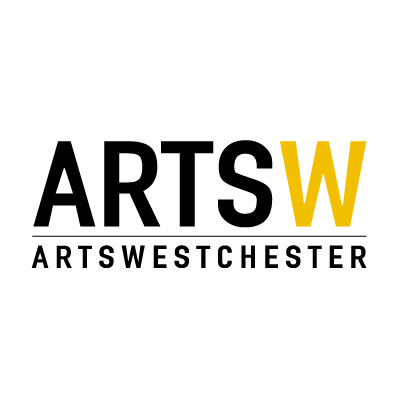
About ArtsWestchester
For more than 50 years, ArtsWestchester has been the community’s connection to the arts. Founded in 1965, it is the largest, private, not-for-profit arts council in New York State. Its mission is to provide leadership, vision, and support, to ensure the availability, accessibility, and diversity of the arts. ArtsWestchester provides programs and services that enrich the lives of everyone in Westchester County. ArtsWestchester helps fund concerts, exhibitions and plays through grants; brings artists into schools and community centers; advocates for the arts; and builds audiences through diverse marketing initiatives. In 1998, ArtsWestchester purchased the nine-story neo-classical bank building at 31 Mamaroneck Avenue which has since been transformed into a multi-use resource for artists, cultural organizations, and the community. A two-story gallery is located on the first floor of ArtsWestchester’s historic building on Mamaroneck Avenue.
For more than 50 years, ArtsWestchester has been the community’s connection to the arts. Founded in 1965, it is the largest, private, not-for-profit arts council in New York State. Its mission is to provide leadership, vision, and support, to ensure the availability, accessibility, and diversity of the arts. ArtsWestchester provides programs and services that enrich the lives of everyone in Westchester County. ArtsWestchester helps fund concerts, exhibitions and plays through grants; brings artists into schools and community centers; advocates for the arts; and builds audiences through diverse marketing initiatives. In 1998, ArtsWestchester purchased the nine-story neo-classical bank building at 31 Mamaroneck Avenue which has since been transformed into a multi-use resource for artists, cultural organizations, and the community. A two-story gallery is located on the first floor of ArtsWestchester’s historic building on Mamaroneck Avenue.

